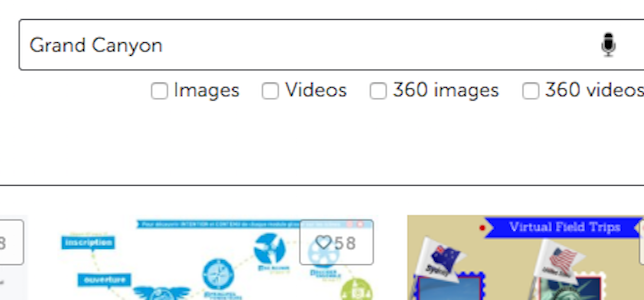
Millions of classrooms worldwide using ThingLink image and video editors to create interactive digital content can now tap search filters on platform.

Ubiquitous, unobtrusive sensing could offer more insight into the natural world and change the exploration of healthcare, energy, computing and other fields. To showcase current innovations focused on nano-enabled sensors and sensing systems research happening at the Massachusetts Institute of Technology (MIT), the university’s MIT.nano facility will be holding a research symposium, on campus and online.
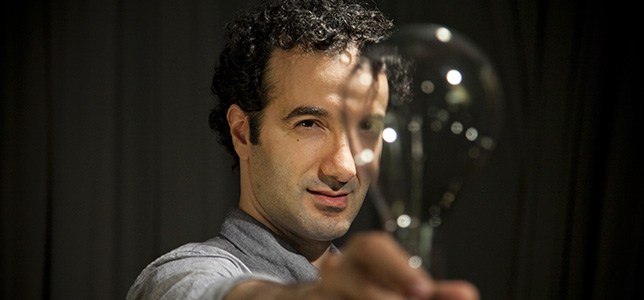
Jad Abumrad doesn’t do things by the book, and he’s been rewarded for it. He’s co-host and creator of “Radiolab,” a popular public radio show that’s broadcast on more than 500 stations across the United States and has been downloaded as a podcast over 9 million times per month. He’s a 2011 MacArthur “genius grant” fellow, and his radio program won the George Foster Peabody Award in 2010 and 2015.
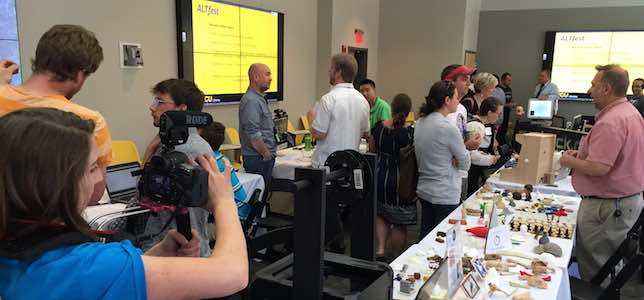
Following up on a Q&A article published two weeks ago, about how institutions can be informed by their "digital opportunities", Gardner Campbell considers why we should now explore our digital opportunities for self-directed learning.
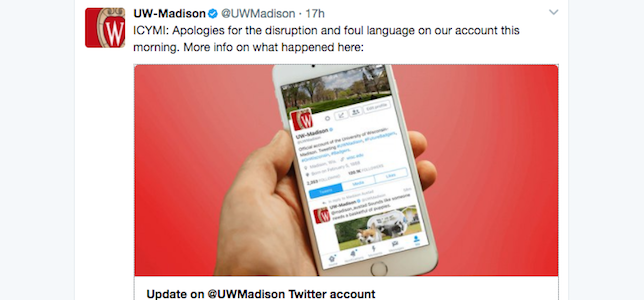
The University of Wisconsin-Madison (UW-M) yesterday morning had its Twitter account (@UWMadison) hacked by an unauthorized user. The account, which has about 160,000 followers, published four tweets before UW-M staff became aware of the breach.
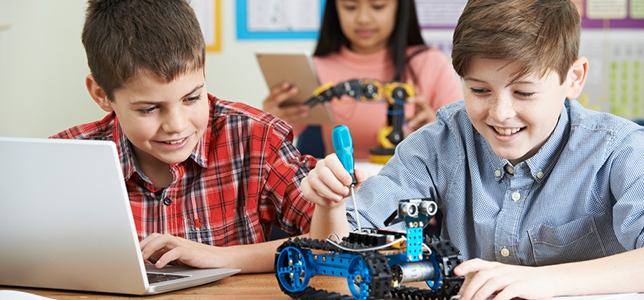
Jaclyn Gerstein will be presenting at two sessions during the ISTE conference: “A Framework for Maker Education: Frontloading and Reflecting on Maker Experiences,” on Sunday, June 25; and “Design Thinking and Universal Design for Learning for Makerspaces, STEM and STEAM” on Monday, June 26.
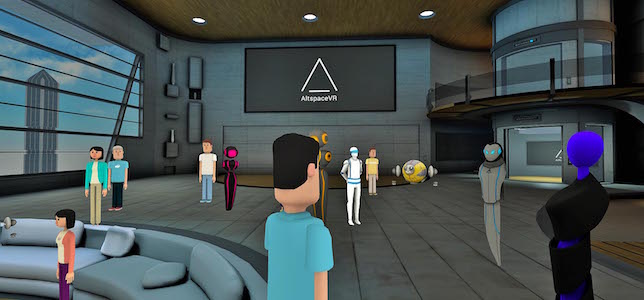
What virtual reality gadgets and tools can educators look forward to in the near future? The ed tech strategists behind Digital Bodies share their observations, highlighting a few products to be on the lookout for.

Researchers at New York University’s Steinhardt School of Culture, Education, and Human Development, in collaboration with Lakehead University, are saying that preschool-age children will comprehend a story in both digital and print formats if they enjoy the story’s content.

The ED has selected five finalists in the EdSim Challenge, a national competition that aims to advance students’ career and technical skills with immersive, computer-based simulations. Finalists will each receive $50,000 and continue to develop their prototypes for a chance to win the $430,000 grand prize.
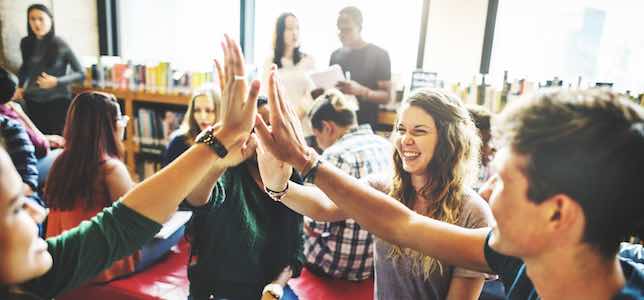
The learning ecosystem and technological landscape are changing fast for institutions of higher learning. But how are institutions doing at adjusting their missions to reflect that? Can "digital opportunity" inform the mission? Gardner Campbell comments.